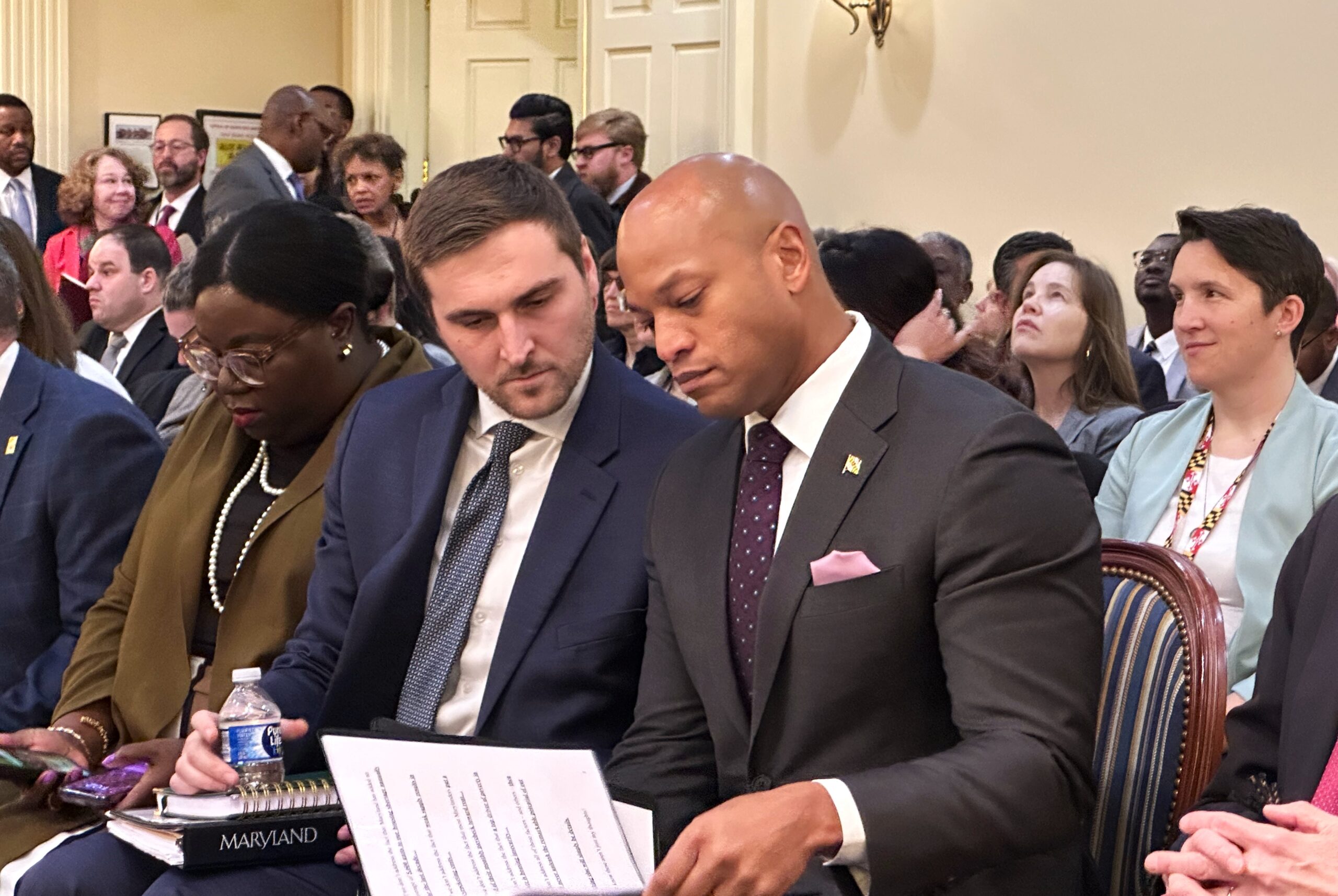Baltimore Co. Teachers, Administrators ‘Angry’ Over Lack of Communication About Ransomware Attack

The leaders of the teachers’ union and a group representing Baltimore County Public Schools administrators have written to Dr. Darryl Williams, the school superintendent, saying they are “tired, frustrated and angry” about the lack of communication from him over how the district is handling a ransomware attack that struck just before Thanksgiving.
Sexton and DeHart also described the exchange of devices ― from those that may have been hacked by the ransomware attack to those that appear to be more reliable ― as chaotic and disorganized. “Because of the unclear or missing communication, not only are the rumors flying, people are becoming more and more wary,” DeHart and Sexton wrote. “There are hundreds of questions and not many clear answers. There has been no communication from you, Dr. Williams, to us, the educators and administrators (and other staff), reassuring us that the system is doing all it can, or understands our concerns, or apologizing for the device swap and reimaging concerns, and more.”
DeHart and Sexton said that under these trying circumstances, and with an ever-changing and contradictory set of instructions, teachers and administrators “are doing all we can to provide rigorous, authentic instruction.”
“We are getting non-functional devices that we then cannot even use to teach, after turning in a device that was not infected and working perfectly,” the letter continues. “We don’t know why we had to do this because no one has told us. We also are then not allowed to go back and swap again to get another, hopefully working, device. And now we cannot teach. The lack of clarity around this, and the time and energy ― especially the emotional toll ― is overwhelming. We are tired, frustrated, and angry.”
Sexton and DeHart go on to suggest “it’s time for an outsider, an expert on ransomware attacks, to share what is and is not possible and why it will take some time to ‘fix’ things. Staff doesn’t have to like what they hear but at least they will be hearing what is known and why.” And they request that Williams, rather than his underlings, meet with them before the Christmas break to bring them up to date on the crisis.
The teachers’ and administrators’ representatives note that they have complained about Williams’ communications skills before. And Baltimore County Executive John A. Olszewski Jr. (D) complained in a Dec. 11 letter to Williams that the school system hasn’t worked collaboratively with other county government agencies to tackle the ransomware attack.
“Consistent with national best practices, I proposed to you that we pursue a fully integrated response, and I offered to provide the resources required to support the recovery,” Olszewski wrote. “On Sunday, November 29th, you rejected this approach in favor of a bifurcated response. In the twelve days since you have notified me of your decision not to integrate our response efforts, it has become clear that federal, state and local partners are not getting timely and accurate information about the attack from BCPS.”
Olszewski said he found it especially concerning that the school district isn’t communicating with Baltimore County police about the ransomware attack and the possible perpetrators.
Williams and Baltimore County Public School representatives could not be reached for comment on Sunday night. But in a news release on Dec. 15, Williams received praise for his management of the ransomware crisis ― and the pandemic ― from Makeda Scott, chairwoman of the Baltimore County Board of Education.
“I could not be more proud of Superintendent (Darryl L.) Williams, his professional and talented team, and of all of our dedicated educators across Baltimore County who are weathering a combination of challenges that would buckle many other school systems,” Scott said in a statement. “Dr. Williams’ leadership has brought out the best in each of us whose first priority are the children of our community, and I am confident that with him, our Board, and ‘Team BCPS’ leading the way, we can handle any crisis and overcome any obstacle that stands in the way of student success.”




 Creative Commons Attribution
Creative Commons Attribution